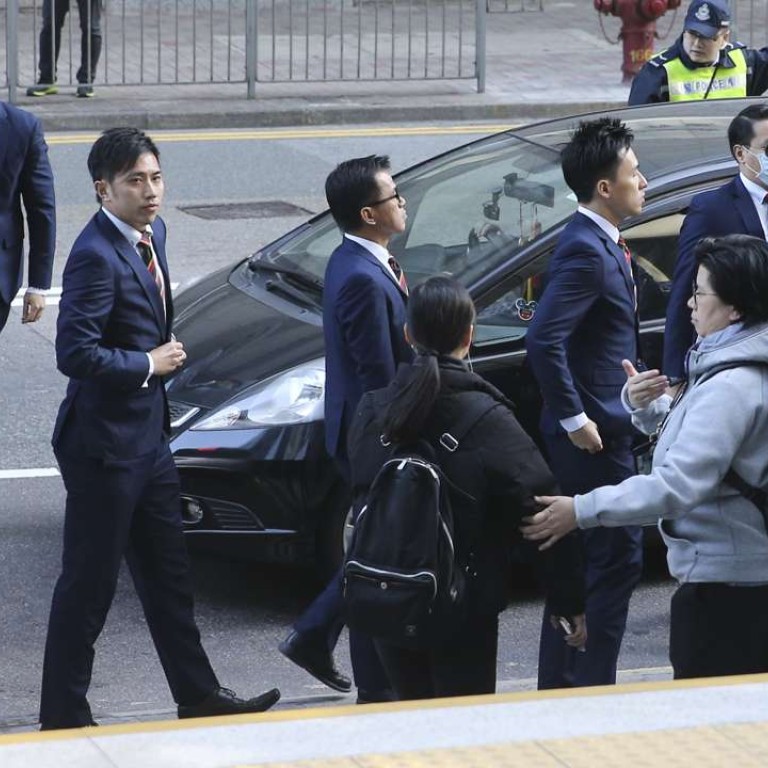
Nothing ‘foreign’ about Hong Kong’s common law or its judges from overseas
Jessica Fernando says all of Hong Kong’s judges enforce universal norms and standards, and those starting a debate over foreign or local views are guilty of playing on emotions
After the second world war, the international community changed. The common law system in Hong Kong was brought here by colonialism, but it also changed: we adopted the international norms and standards of human rights. We now have a system we can be proud of.
Hong Kong has incorporated the covenants on civil and political rights, as well as economic, social and cultural rights, and the fundamental principles of justice and equity underpinning the common law. None of us should be above the law, and the law should treat us justly. These are not “foreign” values.
Foreign judges play a vital role in promoting confidence in Hong Kong
There is no “foreign” justice and “local interpretations” of justice or human rights. The people who sell us such ideas are using our emotions against us.
There is no ‘foreign’ justice and ‘local interpretations’ of justice or human rights
The nationality of a judge is not important. The important point is that they put justice above all else.
How many foreign judges is too many? Mainland legal expert suggests Hong Kong consider local talent for top court
If we want to see what happens in countries where there are no more foreign judges and no more enforcement of international norms and standards, please look around Asia. See the former colonies that did not get the benefit of the kind of system we have here.
Watch: Thousands rally in support of police officers jailed for Occupy assault
When people stop appreciating and enforcing the principles underlying a system, it stops working. Take a good look at what happens when a legal system collapses.
The common law took hundreds of years to develop. The principles we take for granted – that no one is above the law, that laws must be just – were all brought here. They were developed through the Hong Kong Bill of Rights and the Basic Law.
Beijing throws the book at Hong Kong’s foreign judges
Rejecting foreign judges is rejecting “foreign” values – that’s a cunning way to make it look as though international norms are something that could harm us, and to make people feel proud while burning down their own system.
After all the wear and tear of history, what we have in Hong Kong is a unique system, but one with ancient roots, and one that abides by international norms.
If we lose that, we can never get it back. When people try to use unhappiness about an individual case and spin it into propaganda, we have to choose: are we a rational society or not?
Jessica Fernando is a trainee solicitor and a graduate of the City University of Hong Kong
